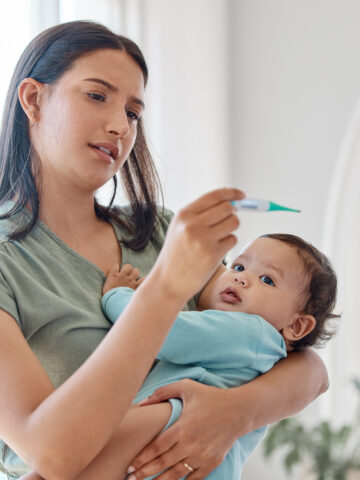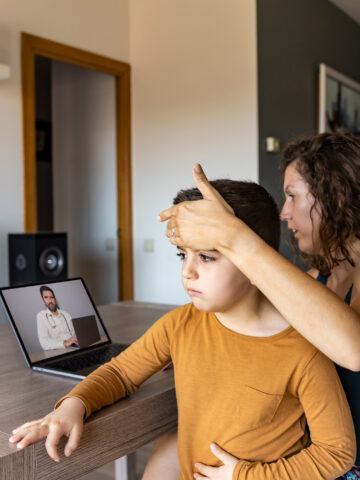When the temperatures drop, the wind swells and the house’s heater gets cranked up each winter, dry and cracked hands are an unfortunate and common side effect in children and adults alike.
“The cold air is more drying and wind is also more drying. And then add forced-air heating, and that will dry skin out even more,” CHOC pediatrician Dr. Angela Dangvu says.
While parents can’t do much to control the weather, they can take a few steps to help protect tiny hands against dryness.
Choose soap carefully
Start by using a moisturizing hand soap. Frequent hand washing, which is critical during winter viral season, compounds the problem by the further dehydrating the skin, Dr. Dangvu says.
Look for soaps that more resemble a lotion than a traditional soap and have words like “moisturizing” or “conditioning” on the label. Avoid antibacterial or deodorant soaps.
Also, hand sanitizer gel is an effective way to clean hands that is less drying than a soap-and-water method. However, children with the beginnings of dry skin should avoid gel as its alcohol content can sting, Dr. Dangvu cautions.
Creams, not lotions
As a preventative measure, parents can apply moisturizer to their child’s hands after hand-washing or bath time. Look for products described as creams rather than as lotions: These are richer and have more staying power than thinner products like baby lotions, Dr. Dangvu says.
“They tend to stay on and be a better moisture barrier,” she says. “Parents should use them right after children wash their hands. If skin is still a little moist, the cream will trap that moisture. Apply it after bath time too.”
A three-step approach
If a child’s little hands still become dry, Dr. Dangvu recommends a three-step approach:
- Start by regularly applying cream to the hands.
- If dryness doesn’t improve after a few days, move on to a petroleum-based ointment. Parents can intensify the therapy by applying ointment to hands before bed, and asking children to wear cotton gloves or even socks over their hands to lock in moisture while they sleep.
- If the condition doesn’t change after a few more days, parents can try an over-the-counter hydrocortisone cream.
If these steps don’t yield improvement, it’s time to take children to the pediatrician to rule out a bacterial infection or other condition, Dr. Dangvu says.





